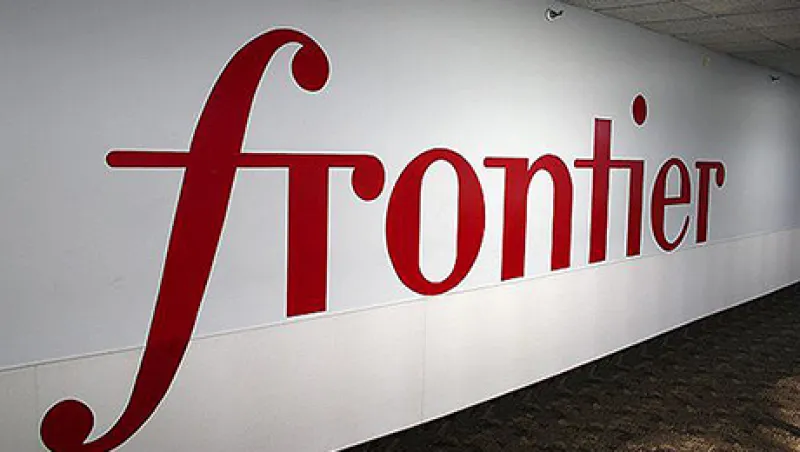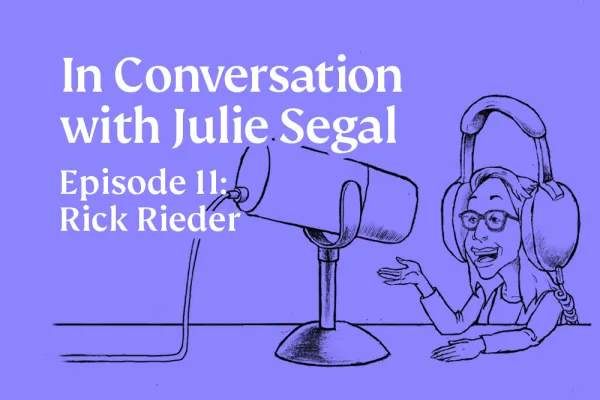< Deals of the Year 2015: Six Transactions that Made a Big ImpactInvestors started pulling back from junk bonds in 2015, ending a lengthy bonanza for an asset class that has fueled a corporate M&A boom. But in September, Frontier Communications Corp. managed to pull off the fifth-largest high-yield bond offering in history, according to Leveraged Commentary & Data, a unit of S&P Capital IQ. The Norwalk, Connecticut–based telecom defied the downturn that hit after years of apparently insatiable demand from institutional and retail investors alike for higher-yielding securities, and that had left many concerned about the long-term health of the M&A market.
Under president and CEO Daniel McCarthy, Frontier, which provides broadband, voice and other services to residential and business clients in 28 states, issued $6.6 billion worth of bonds. That total made it the year’s No. 2 dollar-denominated high-yield bond sale, after a $10 billion offering in March by Canada’s Valeant Pharmaceuticals International. Frontier’s megadeal shows that investors still believe junk bond defaults will stay low enough that they can collect on their double-digit coupons, manna from heaven in a world where interest rates remain near zero. Still, lenders have tightened standards in the high-yield market.
Frontier issued its BB–/Ba3-rated bonds in three tranches, one of which — $3.6 billion in unsecured notes due in 2025 — yielded 11 percent. The company also offered $1 billion worth of senior notes due in 2020 with an 8.875 percent coupon and $2 billion in senior notes due in 2022 at 10.5 percent. JPMorgan Chase & Co. led the deal, with Bank of America Corp. and Citigroup both marketing the bonds. Even though investors have been redeeming their shares of high-yield mutual funds, big money managers — the biggest holders of non-investment-grade debt — were the top buyers. Frontier banked the proceeds to help it buy landline assets from New York–based Verizon Communications, a purchase announced in February.
In September at Deutsche Bank’s Leveraged Finance Conference in Scottsdale, Arizona, Frontier treasurer John Gianukakis said that the $10.54 billion acquisition of Verizon properties in California, Florida and Texas was transformational, doubling his company’s voice connections and giving it access to newer and faster technology.
Frontier may have succeeded with the issue, but its bonds lost about 3 percent of their value in the first week of trading. According to market participants, some of the decline was due to the difficulty of buying and selling bonds now that big banks have stepped back from their traditional market-making role in the years since the financial crisis. Markets are choppier as a result, and investors and traders say even solid issues are experiencing bigger price swings.
Follow Julie Segal on Twitter at @julie_segal.
2015 Deals of the Year







